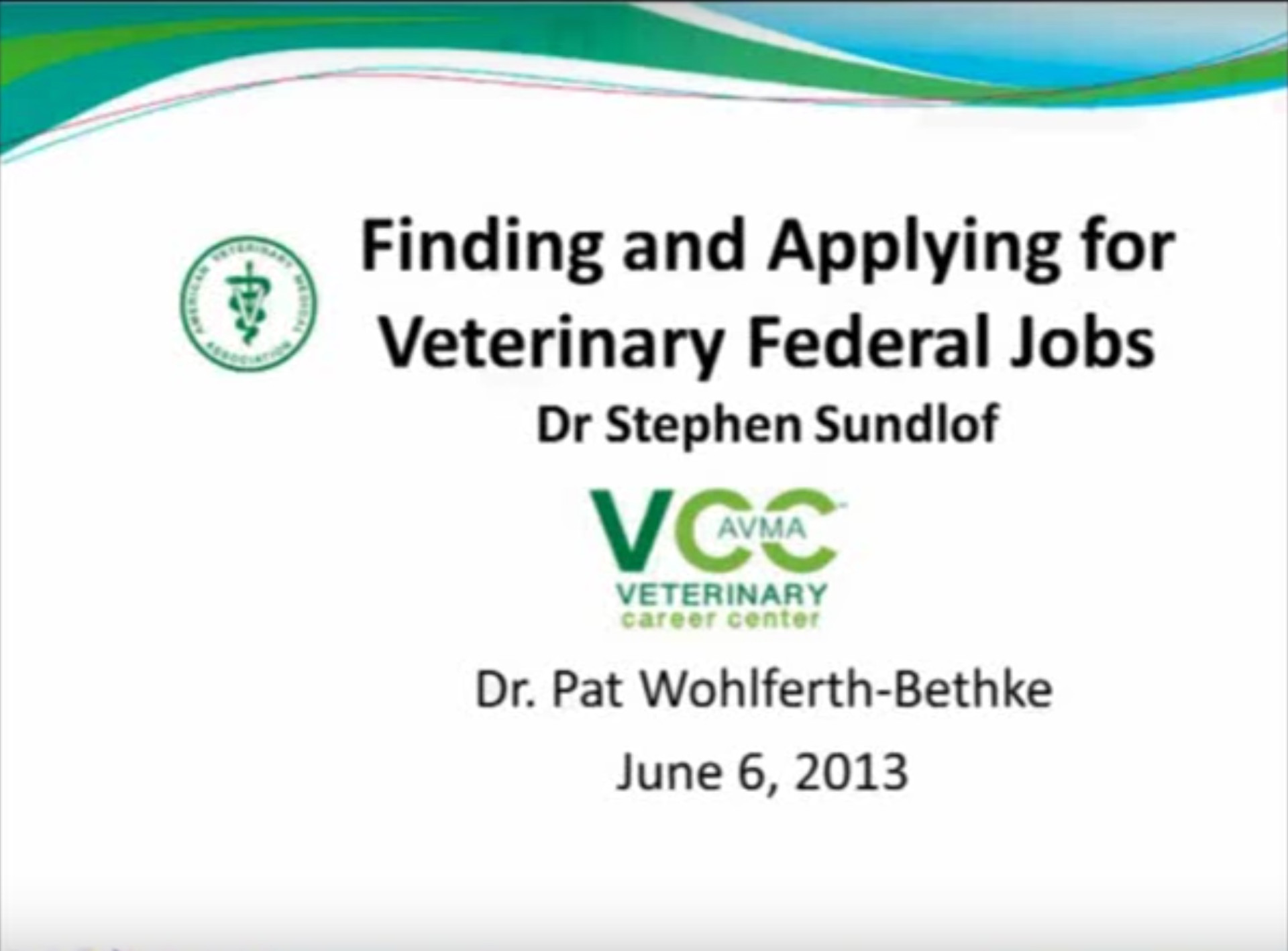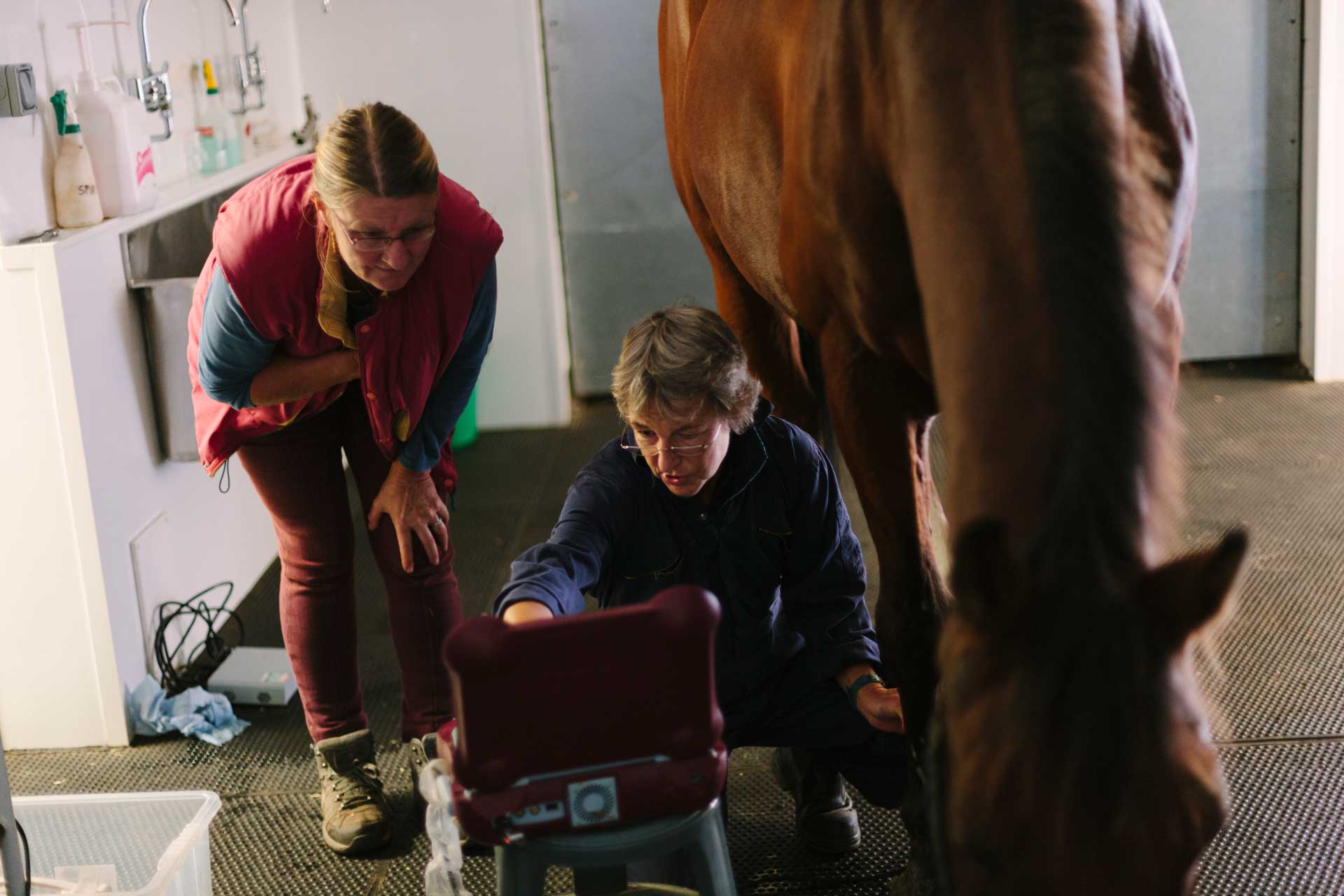This one-hour webinar covers federal government veterinary jobs from A to Z!

If you'd like to explore career options with the U.S. government, start at the AVMA's Veterinary Career Center. This page has an entire section on "Finding veterinary jobs with the federal government."

Start your journey to improved professional wellbeing with the Professional Quality of Life (ProQOL) Assessment.

Start your journey to improved professional wellbeing with the Professional Quality of Life (ProQOL) Assessment.

Are you planning to ask for a raise? Thinking about a new job or different career path? Our salary estimator lets you easily explore different scenarios. It’s built specifically for veterinarians in the first 10 years after graduation.

Use this tool to guide salary negotiations or map out different earning scenarios as you begin your veterinary career.
Handling ethical dilemmas can create a special kind of stress. Discover what moral stress is, and find a list of practical strategies to help you address it.
Are you repaying student loans? These resources can help you understand your options.

